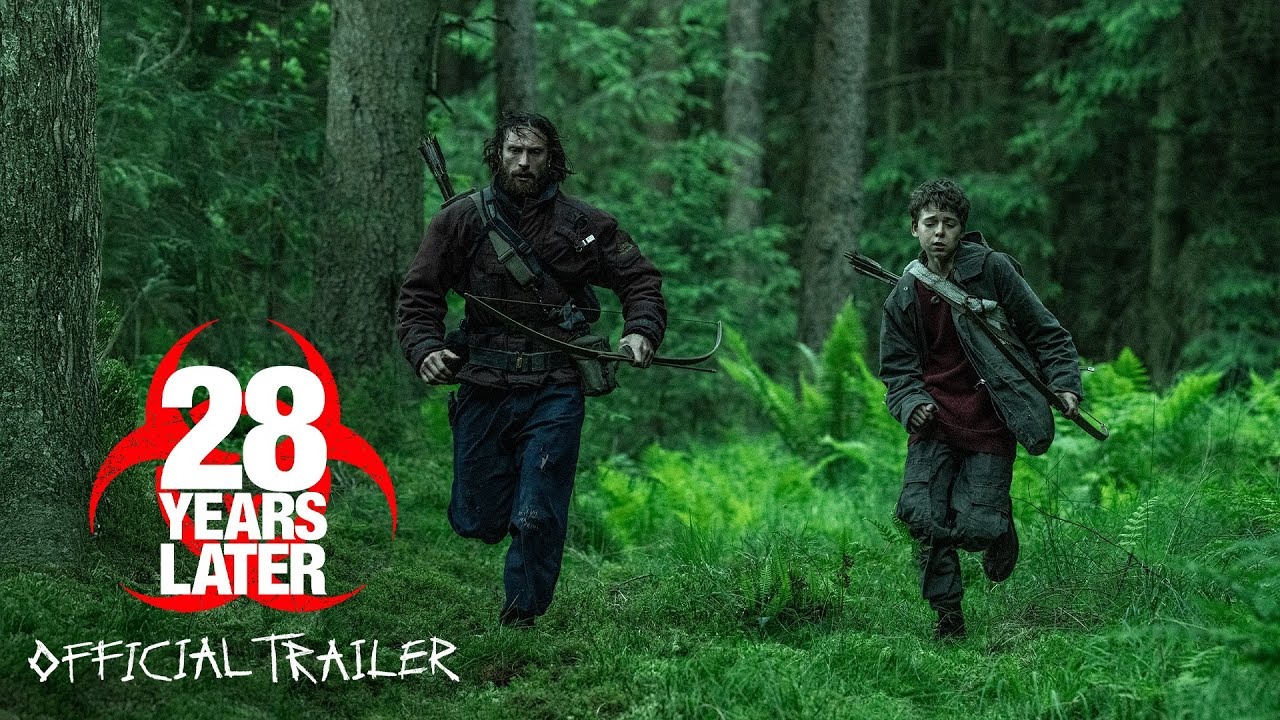
The Evolution of Horror: Zombies as Metaphors
As the horror genre continues to evolve, the portrayal of zombies has evolved alongside it, transcending simple horror tropes to become a canvas for deeper, more meaningful storytelling. The latest entry, 28 Years Later, reaffirms this evolution, echoing themes of humanity and survival from its predecessor, 28 Days Later. It raises questions about what it means to grow up in a broken world, especially for today's families navigating their own societal challenges.
A Fresh Perspective on the Zombie Apocalypse
While many may see zombie films as mere entertainment, they often hold profound social commentary, particularly relevant to homeowners and renters in Omaha and nearby suburbs. The film illustrates profound themes of growing up amid fear and violence, resonating with audiences who seek to understand the complexities of modern life. Whether you're a DIY enthusiast crafting thoughtful spaces in your home or a young professional contemplating your future in a turbulent world, 28 Years Later sparks introspection about how our environment shapes us.
Finding Humor Amidst Chaos
Horror can be a surprisingly rich source of humor, and 28 Years Later excels in this aspect. Its clever balance of dread and dark comedy entertains viewers while prompting them to reflect on their own lives. For Omaha families, the juxtaposition of absurdity with grim realities can serve as a reminder to find levity amid life’s challenges.
Why This Film Matters to Omaha Families
As parents, homeowners, and community members in Omaha navigate their daily realities, 28 Years Later opens avenues for discussion about resilience and adaptation. The film's exploration of childhood in apocalyptic settings serves as a metaphor for the trials that young professionals and families face daily—how will the next generation rise above the challenges presented by a world that sometimes feels like a fragmented chaos? Perhaps it's up to the current generation to define what comes next, shaping the landscape, whether it is related to family life, community building, or embracing a digital lifestyle.
Conclusion: Exploring Life Through a Fictional Lens
In exploring the zombie genre's ability to reflect societal issues, 28 Years Later acts as a mirror for viewers, especially those in Omaha's diverse communities. By presenting a frantic yet thoughtful narrative, the film holds relevance for everyone: from pet owners seeking the perfect dog-friendly home to tech-savvy seniors embracing new innovations in the digital era.
As audiences leave the theater, they're not just pondering the fate of the characters on screen but reflecting on their own lives as part of a tapestry of stories woven into the fabric of our society. So gather your friends, your families, and your loved ones for a viewing that promises both laughter and deep reflection.
If you've enjoyed this exploration of modern horror and wish to share your thoughts or engage in ongoing discussions about film within your community, consider hosting a neighborhood movie night or joining a local discussion group!
 Add Row
Add Row  Add
Add 




Write A Comment